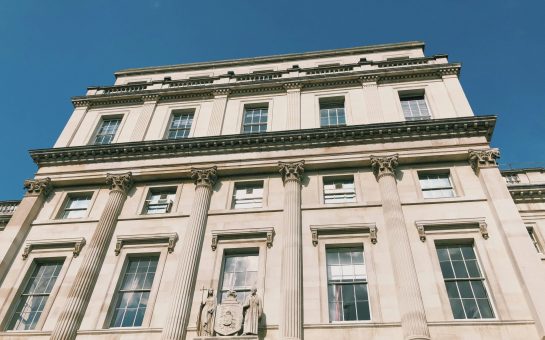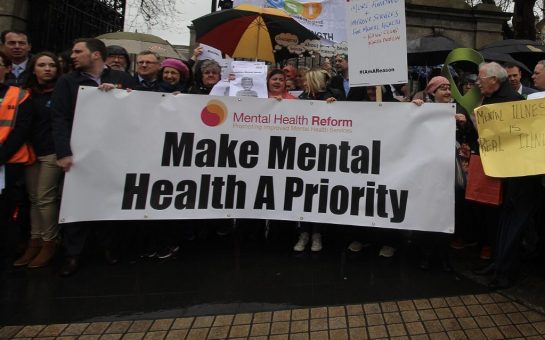England’s cheerleaders were given the green light to return to stunting last month after successfully campaigning government officials to approve their Covid-19 measures.
Cheerleading training was suspended in March, but athletes and coaches were left waiting for three months by the Department of Digital, Culture, Media and Sports (DCMS) to approve their “Return to Play” guidance.
Athletes across the country participated in the social media campaign #DontCancelMySport to bolster their governing body’s efforts.
The delay was a blow to most cheerleading clubs as in line with the new lockdown measures that were introduced this week they have had to shut down once again.
Jon Bates, Woking’s Royals Allstars Club manager and #DontCancelMySport organiser, said: “I can’t handle injustice and it just seemed really unfair to me that even under this new three-tier system, under 18s could do acro or football in all areas of the country, whereas cheer couldn’t happen anywhere.
“It shocked me that it must have been down to an administrative delay as opposed to any actual policy.
“It just felt unfair that the sport we all take part in was being neglected for no provided reason.”
Bates’ campaign urged DCMS to approve the guidance submitted by Sport Cheer England on 19 July 2020.
The campaign also highlighted the long term physical and mental health effects a delay in approval could have on athletes.
Mr Bates stated: “I think part of it is because cheerleading is an under-appreciated sport in my opinion, and not one that as many people know about.
“For the people that do cheer that is an irrelevance, the fact that people in government departments may know more about other sports doesn’t really help them a great deal.”
On hearing about the approval of cheerleading’s Covid-19 guidance, Bates said: “It was really noticeable to me straight away that being noted by the government gave everyone a real boost.
“I would say a big thank you to Sport Cheer England for all of the hours of work that they’ve put in to create the document and to submit it, and resubmit it, because they’ve put in hundreds and hundreds more hours than any of us.
“I’d also say thank you to anyone who spent time writing to an MP or sharing it on social media.
“It showed the power of togetherness.”
Now however, new lockdown measures have affected all cheerleading programmes in England.
All-star teams including those planning on attending the World Championships in Orlando Florida next April were forced to stop training.
It was confirmed on Thursday by Sport Cheer England that these teams would not be captured by the elite sport exemptions despite competing internationally.
Sport Cheer England stated: “We know the impact this will have on businesses, as well as athletes’ physical and mental health and are doing everything we can to ensure our sport’s return as soon as possible.
“We will continue to support the call for a Sports Recovery Fund, and have already written to both Sport England and the DCMS to request we are included in any future provision that is made.
“We are also in the process of writing our submission to the Parliamentary Inquiry into the survival of the community sports sector, ensuring Cheerleading is included in their considerations.”
Surrey Starlets in Epsom were one of the cheerleading programmes excited to get back in the air, if only for one week.
Programme owner Kim Cope and Head Coach Emma Haggis spoke along with athletes about why approval was so important:
The UK cheerleading Instagram account Tam.cheer published an opinion poll in the run up to the Return to Play guidance approval focusing on the importance of the sport to athletes’ mental and physical health.
Respondents also gave their opinion on why this approval was so needed.
One user said: “Cheerleading is important to everyone involved.
“It teaches self-discipline, it helps people get out of their home environment and have fun.”
Another user responded: “It notices cheer as a sport and displays the government caring about the mental and physical health of children.”
Some respondents noted the different treatment of cheerleading by the government to other more mainstream sports such as football and gymnastics.
While cheerleading has not undergone Sport England’s formal recognition process, the sport received provisional Olympic status by the International Olympic Committee in 2016 and is widely considered a sport.




